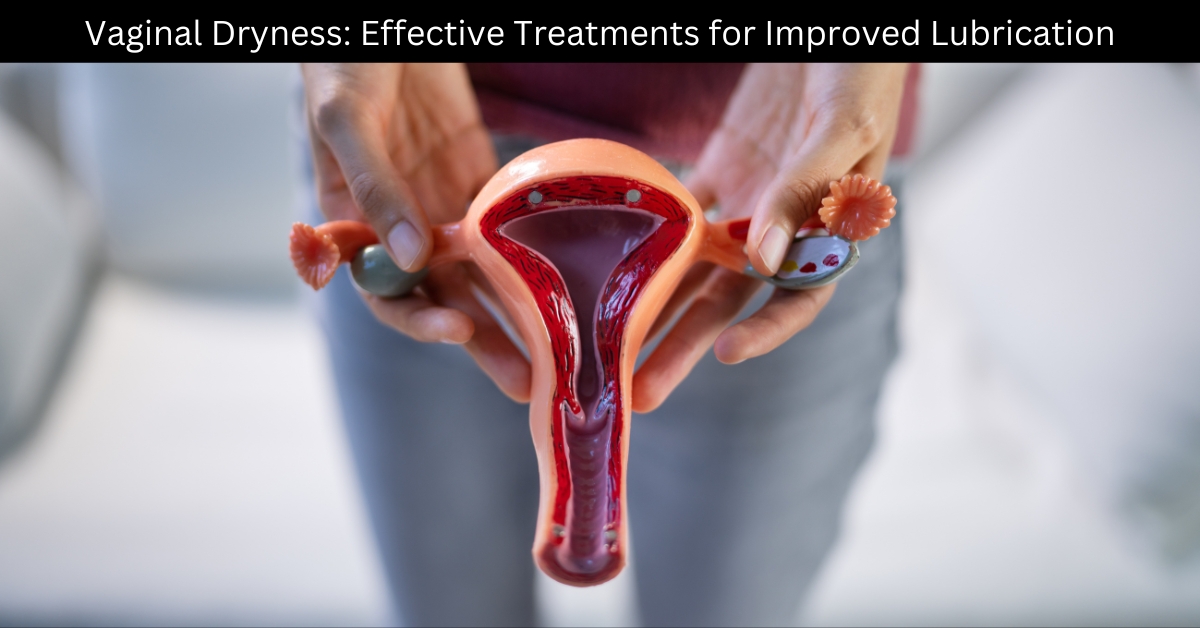Vaginal dryness is a common and often uncomfortable condition that can affect women of all ages. This issue can lead to various problems, including pain during intercourse, increased risk of infections, and a decreased sense of sexual well-being.
Fortunately, there are several effective treatments available to combat vaginal dryness and restore healthy lubrication.
In this blog article, we will explore the causes, symptoms, and various treatment options to help you regain comfort and confidence.
Key Takeaways:
- Vaginal dryness is a common condition that can be caused by hormonal changes, medications, medical conditions, and other factors.
- Symptoms of vaginal dryness include discomfort during sex, itching, burning, and recurrent infections.
- Treatment options include over-the-counter lubricants and moisturizers, topical estrogen therapy, oral hormonal therapy, lifestyle changes, pelvic floor physical therapy, and alternative therapies.
- The most appropriate treatment will depend on the underlying cause and your individual needs, so it’s important to work with a healthcare provider.
- Maintaining overall vaginal health through good hygiene, breathable underwear, regular sexual activity, and stress management is also important.
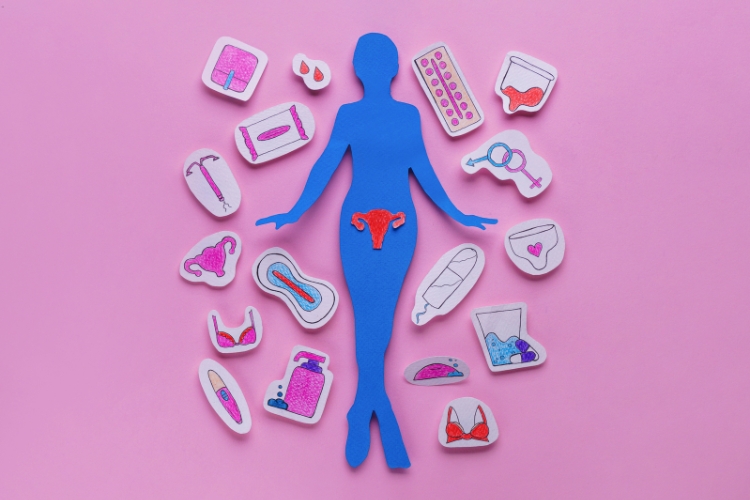
Understanding Vaginal Dryness
Vaginal dryness occurs when the vagina does not produce enough natural lubrication, leading to a dry, irritated, and sometimes painful condition. This can be caused by a variety of factors, including:
- Hormonal changes (e.g., menopause, childbirth, breastfeeding)
- Certain medications (e.g., antihistamines, antidepressants, chemotherapy drugs)
- Medical conditions (e.g., Sjögren’s syndrome, diabetes, cancer treatments)
- Stress and anxiety
- Insufficient foreplay or arousal during sexual activity
Symptoms of Vaginal Dryness
The primary symptoms of vaginal dryness include:
- Discomfort or pain during sexual intercourse
- Itching, burning, or irritation in the vaginal area
- Recurrent vaginal infections
- Difficulty urinating or a feeling of incomplete emptying of the bladder
- Decreased sexual desire or arousal
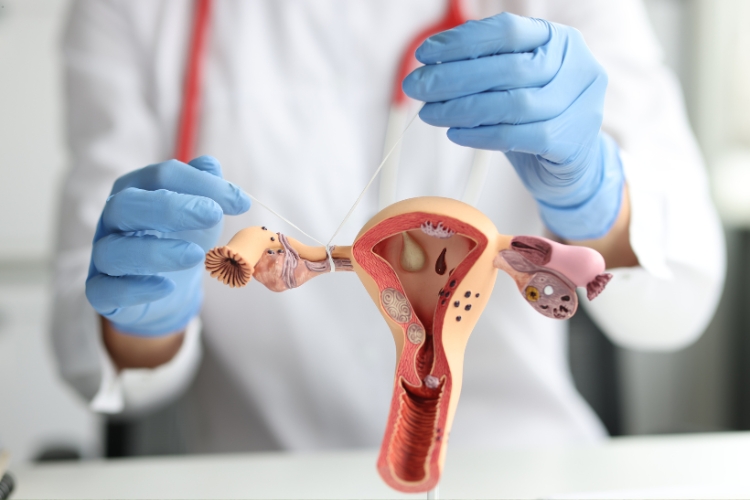
Treatment Options for Vaginal Dryness
Addressing vaginal dryness often requires a multifaceted approach, as the underlying causes can vary. Here are some effective treatment options:
1. Over-the-counter lubricants and Moisturizers
One of the most accessible and immediate solutions for vaginal dryness is the use of over-the-counter (OTC) lubricants and moisturizers. These products can be applied directly to the vaginal area to provide temporary relief and improved lubrication during sexual activity.
| Product Type | Examples | Benefits |
|---|---|---|
| Lubricants | Astroglide, K-Y Jelly, Sliquid | Provide short-term lubrication for sexual activity |
| Moisturizers | Replens, Hyalo Gyn, Vagisil | Hydrate and nourish the vaginal tissue for longer-lasting relief |
2. Topical Estrogen Therapy
For women experiencing vaginal dryness due to hormonal changes, such as those occurring during menopause, topical estrogen therapy can be an effective treatment. These low-dose estrogen creams, tablets, or rings are inserted directly into the vagina to help restore moisture and improve vaginal health.
3. Oral Hormonal Therapy
In some cases, oral hormonal therapy, such as systemic estrogen or selective estrogen receptor modulators (SERMs), may be prescribed by a healthcare provider to address the underlying hormonal imbalances contributing to vaginal dryness.
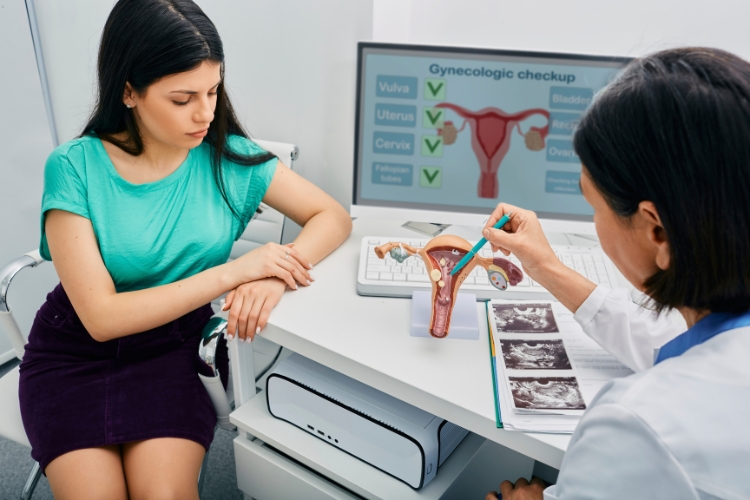
4. Lifestyle Changes
Incorporating certain lifestyle changes can also help alleviate vaginal dryness. These include:
- Staying hydrated by drinking plenty of water
- Avoiding douching or the use of harsh, scented products in the genital area
- Managing stress and anxiety through relaxation techniques, exercise, or counseling
- Engaging in regular sexual activity to promote natural lubrication
5. Pelvic Floor Physical Therapy
Pelvic floor physical therapy can be beneficial for women experiencing vaginal dryness, as it can help strengthen the pelvic floor muscles and improve overall vaginal health.
6. Alternative Therapies
Some women may find relief from vaginal dryness through alternative therapies, such as:
- Herbal supplements (e.g., black cohosh, evening primrose oil)
- Acupuncture
- Mindfulness and meditation
It’s important to consult with a healthcare provider before trying any new treatments, as some alternative therapies may interact with medications or have potential side effects.
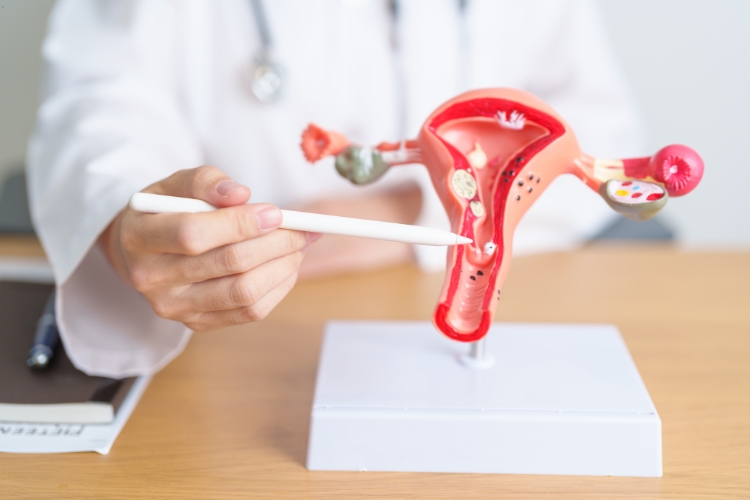
Choosing the Right Treatment
The most appropriate treatment for vaginal dryness will depend on the underlying cause, your individual needs, and your overall health. It’s recommended to work closely with a healthcare provider, such as a gynecologist or urogynecologist, to develop a personalized treatment plan that addresses your specific concerns.
Maintaining Vaginal Health
In addition to addressing vaginal dryness, it’s essential to maintain overall vaginal health through:
- Practicing good hygiene (gentle cleansing, avoiding harsh products)
- Wearing breathable, cotton underwear
- Avoiding douching, which can disrupt the natural pH balance
- Staying physically active and engaging in regular sexual activity
- Managing stress and anxiety levels
Conclusion
Vaginal dryness is a common and treatable condition that can significantly impact a woman’s quality of life. By understanding the causes, symptoms, and various treatment options available, you can take proactive steps to restore healthy lubrication and regain your sense of comfort and confidence.
Remember to work closely with your healthcare provider to find the most suitable solution for your unique needs.
FAQs
1. What are the most common causes of vaginal dryness?
Vaginal dryness can be caused by a variety of factors, including hormonal changes (such as those that occur during menopause, childbirth, or breastfeeding), certain medications (e.g., antihistamines, antidepressants, chemotherapy drugs), and medical conditions like Sjögren’s syndrome, diabetes, or cancer treatments. Stress and anxiety can also contribute to vaginal dryness.
2. What are the symptoms of vaginal dryness?
The primary symptoms of vaginal dryness include discomfort or pain during sexual intercourse, itching, burning, or irritation in the vaginal area, recurrent vaginal infections, difficulty urinating or a feeling of incomplete bladder emptying, and decreased sexual desire or arousal.
3. What are the different treatment options for vaginal dryness?
Treatment options for vaginal dryness include over-the-counter lubricants and moisturizers, topical estrogen therapy, oral hormonal therapy, lifestyle changes (such as staying hydrated, avoiding harsh products, and managing stress), pelvic floor physical therapy, and alternative therapies like herbal supplements, acupuncture, and mindfulness.
4. How can I maintain overall vaginal health?
To maintain overall vaginal health, it’s important to practice good hygiene (gentle cleansing, avoiding harsh products), wear breathable, cotton underwear, avoid douching, stay physically active, engage in regular sexual activity, and manage stress and anxiety levels.

